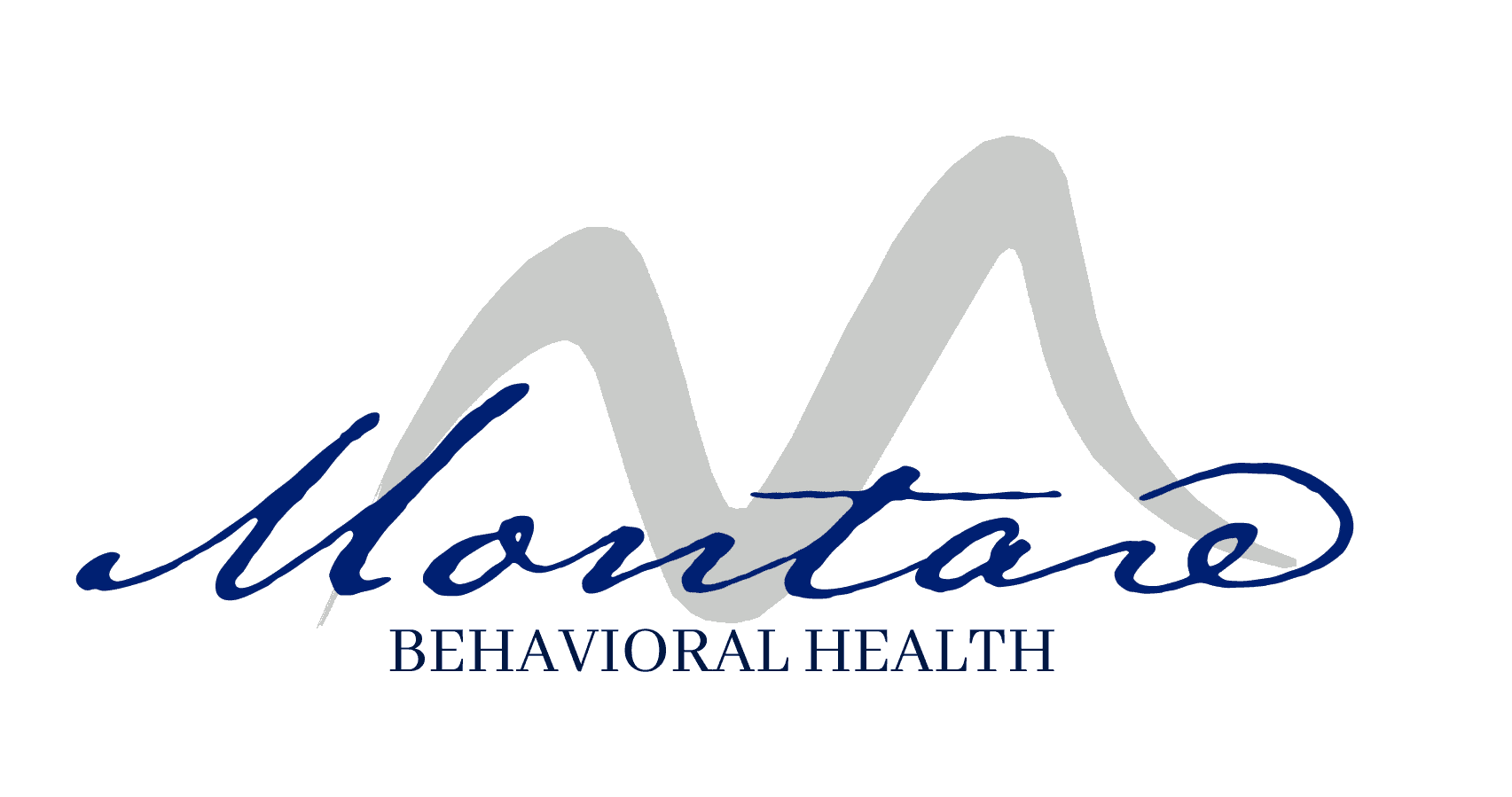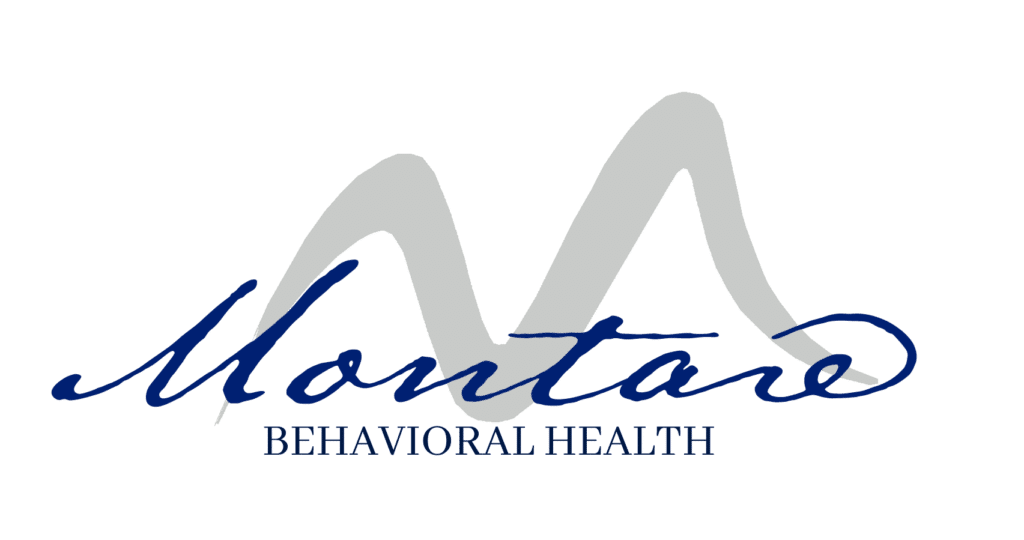Everyone goes through periods of feeling sad or having difficulty feeling hope for their future. For some people, this progresses to depression, but can it feel even worse than that? Having crippling depression can so dramatically impact a person’s life that they have difficulty getting out of bed, getting dressed, or leaving their home. When this happens, it can seem there is no way out. Fortunately, help is available to lift a person out of crippling depression. Montare Behavioral Health of Tucson provides residential care in a place that feels like a home away from home. Healing begins with the assistance of our compassionate and skilled therapy team.
Understanding Crippling Depression
The term “crippling depression” is not a clinical term, but it is often used by those who have it and even many professionals who attempt to treat them. It is a severe type of what is formally termed major depression disorder or clinical depression. Depression impacts the lives of many people. In fact, a report from 2021 found that approximately 21 million adults in the U.S. have experienced at least one major depressive episode in the previous year. This means 8.3% of adults in the country have dealt with feelings of depression.
Crippling Depression vs Regular Depression
Many people find that while they suffer from depression and it makes life difficult, they are still able to function in basic ways. They can go to work or school, sometimes engage in social functions, and take care of basic hygiene. Someone with crippling depression typically finds it just about impossible to take care of even basic tasks in their lives because of how overwhelming their depression has become.
For example, they may go for days or weeks without showering or performing other hygiene-related tasks. They may consistently miss work or school or have to quit their job or drop out of college. People with crippling depression may find it too taxing to get out of bed or leave their homes. When depression escalates to this level, it becomes important to find help as quickly as possible. Crippling depression can be treated by mental health counselors who can show the individual how to work their way out of feeling so low.
Do I Have Crippling Depression?
Do you suspect you may have crippling depression but aren’t sure? Some of the symptoms are similar to regular depression, such as a constant feeling of sadness, hopelessness, and worthlessness. The individual often has low energy levels and has difficulty getting excited about any current activities or future plans.
If you wonder if you are dealing with crippling depression, answer “yes” or “no” to the following questions:
- I either sleep constantly and find it difficult to stay awake or I find it difficult to sleep at all.
- I feel tired all the time.
- My appetite has changed and I either eat too much or too little.
- I find it difficult to think, concentrate, or make decisions.
- I feel like a burden to my loved ones.
- I feel guilty because I can’t seem to get better.
- I have suicidal thoughts.
- I experience a lot of unexplained physical symptoms, like headaches, body aches, and digestive difficulties.
If you answered “yes” to two or more questions, you may have crippling depression. It’s important to discuss your symptoms with a doctor or mental health counselor. They can provide an assessment and a diagnosis and recommend a course for treatment.
Can Crippling Depression Be Treated?
Crippling depression can be treated by mental health experts who understand the intricacies of this challenging mental illness. Individual therapy proves particularly helpful because it allows the person a safe space to talk privately about their emotions and experiences. In particular, both Cognitive Behavioral Therapy (CBT) and Dialectical Behavior Therapy (DBT) help people understand how to change negative thoughts and behaviors into positive ones.
Group therapy can also be helpful because it allows people to take advantage of peer support from those who understand exactly what it’s like to live with crippling depression. A lot of people benefit from attending family therapy. It allows their family members and close friends to learn how best to support their loved ones and improve communication among the family. As well, holistic therapy offers a multitude of options that help treat a person’s mind, body, and spirit. Holistic therapy can include activities like meditation, yoga, mindfulness, acupuncture, and art and music therapy.
A wide array of prescription medications can also help ease or eliminate many symptoms of crippling depression.
Contact Our Depression Treatment Center in Tucson, Arizona at Montare
Are you tired of living with crippling depression and are ready to take a step toward having joy and meaning in your life again? Montare’s behavioral health treatment center in Tucson, Arizona employs a highly effective treatment method to help people with depression that they cannot seem to overcome. Our staff gets to know each person we treat so we can design an all-encompassing treatment plan that addresses their specific needs. We show people how to minimize their symptoms through the use of a variety of therapies and any necessary prescription medications.
Visit our admissions page now and start a conversation with us. We can answer your questions and start the process of healing.

